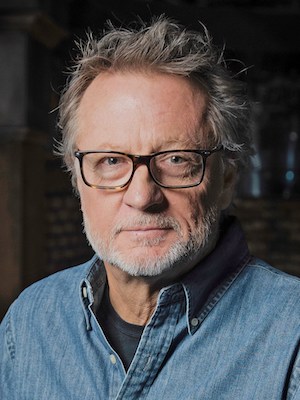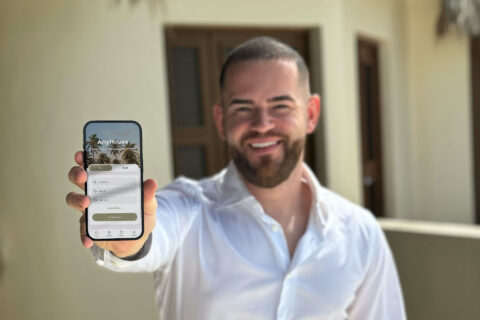If you’re interested in upgrading your creativity to the point where you can have amazing ideas at the precise moment you need them, the place to start is by saying “No.”

One of the first lessons we must learn about creating great ideas on a deadline is to free up our limited creative time by saying no to other demands. We live in a world today where we’ve all been drafted into the productivity cult. But some are obsessed with simply being busy.
Early in my career, I worked with a manager who spent the first hour or two of his morning just getting his to-do list down. It was a work of art—nice lines, boxes to be checked, very organized. He constantly told everyone how “busy” he was, but the problem was this: He rarely ever accomplished anything significant. He was simply too busy keeping his to-do list up to date.
Maybe it’s time we worried less about being busy and more about being significant. Then again, significance takes deep thought, focus, and reflection. And in today’s distracted world, it’s probably easier just to be busy.
“To increase the quality of your ideas when the clock is ticking—start valuing your time.”
To increase the quality of your ideas when the clock is ticking—start valuing your time. Start focusing on your work. If you can gang up your return calls, texts, and e-mails later in the day, fine—but even then, prioritize whom you respond to and why. For now, consider yourself free from the overwhelming need to respond to everyone. It’s not only unnecessary, but if you don’t prioritize, it will eventually derail your creative career.
We all know that we get pulled into more things than we can do, and most of the time, it’s because we just can’t say no. And many of us feel the obligation to be kind, so we hate to turn people down. But the bottom line is that until we start saying no to some things, we’ll never have time to pursue the important things. Ultimately, it creates roadblocks on the journey to delivering our ideas on schedule.
The art of turning people down explained
Many reading this will need some practice in the art of turning people down. We never want to be a jerk about it, so if you suffer from the inability to turn people down, here are some good examples of how to respond when you’re asked to do something you don’t want or need to do:
1. “Let me check my schedule first.”
This implies you have other things on your plate (which you do) and keeps you from answering on the spot. Take some time, check your calendar and to-do list, think about your priorities, and get back to them later. In many cases, by that time, they’ll have found someone else.
2. “That’s not a priority for me right now.”
Yes, you do have other priorities, and they matter. It’s always good to remind people of what you’re focused on in your life and career; in many cases, what they want you to do isn’t on that list.
3. “I’d love to, but I’m in the middle of another project. Maybe next time.”
This positions you as being open to the possibility, but you just can’t do it now. End of story.
4. “I’m (insert traveling, writing, closing a deal, designing, prepping a project, facing a deadline, etc.) right now, and it will be a while before I have enough time to make that happen.”
This is very true for most of us. We’re working, and asking us to read a script, evaluate a project, or let them pick our brain is a real imposition.
Notice that none of these answers are meant to offend. They all tell the truth about your situation and allow you the breathing room to focus on the projects you feel matter. Certainly, we want to be gracious and help when we can, but in those moments when someone crosses the line, these are good responses.
In the final analysis, when the clock is ticking, and we’re working on a creative idea or project, you need to clear a path to the goal, and nothing will clear that path more effectively than saying no to anything else that fights for your attention. Just try it; the more you do it, the more comfortable it will become.
Phil Cooke, Ph.D., is a filmmaker, media consultant, and author of the new book “Ideas on a Deadline: How to Be Creative When the Clock is Ticking.” Find out more at philcooke.com.
© YFS Magazine. All Rights Reserved. Copying prohibited. All material is protected by U.S. and international copyright laws. Unauthorized reproduction or distribution of this material is prohibited. Sharing of this material under Attribution-NonCommercial-NoDerivatives 4.0 International terms, listed here, is permitted.














